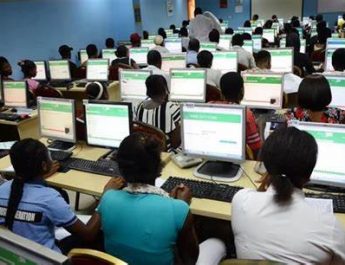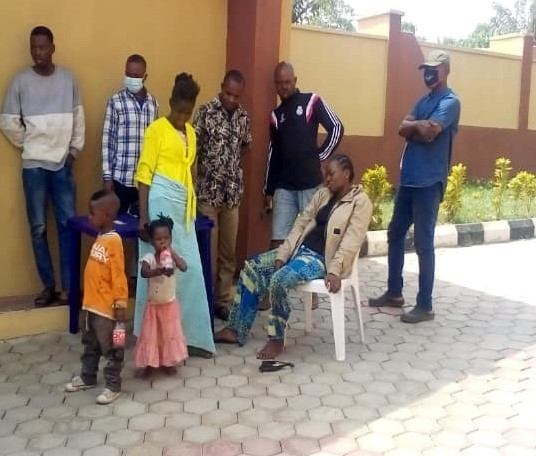Federal Government has announced plans to redesign the N-Power initiative, with the goal of generating employment opportunities for a minimum of five million young individuals within the country.
Betta Edu, the Minister of Humanitarian Affairs and Poverty Alleviation, discussed this initiative during her appearance on Sunday Politics on Channels Television. She emphasized that the N-Power program is an integral part of the safety net program designed to safeguard individuals from descending into poverty.
“Our ministry’s primary objective is to establish a social safety net that prevents individuals from slipping into poverty and endeavors to uplift as many as possible out of impoverished conditions. We have outlined a range of national programs aimed at addressing the various dimensions of poverty. Among these programs is the N-Power initiative, which aims to create five million jobs over the course of five years. Additionally, we have several other projects lined up, all geared towards combating different facets of poverty,” she elaborated.
The N-Power program was originally part of the National Social Investment Programme (NSIP), launched by former President Muhammadu Buhari on June 26, 2016. Its purpose was to combat youth unemployment and promote social development, successfully engaging over 360,000 individuals.
However, the Ministry of Humanitarian Affairs announced the indefinite suspension of the N-Power program due to identified irregularities within the scheme.
In the revamped program, the Minister specified that the target age group would encompass individuals aged 18 to 40. She outlined, “We are targeting five million Nigerian youth aged 18 to 40, with an annual intake of one million beneficiaries. Additionally, we are implementing the Jeep program for 1.5 million Nigerians.”
She emphasized that the N-Power program would be open to all eligible applicants without discrimination and would operate on a first-come, first-served basis. She clarified, “For N-Power, selection will be based on a first-come, first-served approach, provided that applicants meet the respective criteria for each category. State quotas will not be assigned, as the servers will determine the allocation for each state.”




